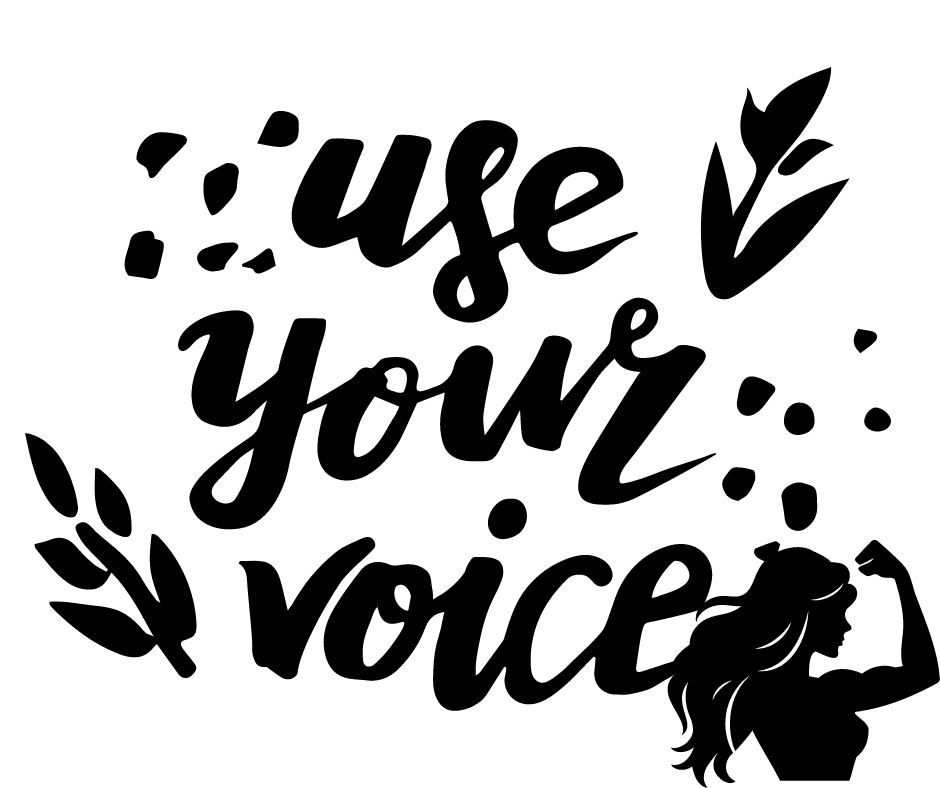Introduction: Widows often find themselves in vulnerable positions, facing economic hardship, social stigma, and emotional distress. In many cultures, they are marginalized and overlooked, struggling to rebuild their lives after the loss of their spouses. However, empowering widows is not just an act of charity; it’s a necessity for creating a more equitable and just society. In this blog, we delve into the importance of empowering widows and how organizations like The Voice of Widows are making a difference in their lives. The Plight of Widows: The journey of a widow is often fraught with challenges. Suddenly finding themselves solely responsible for their families, widows encounter financial instability, legal hurdles, and social isolation. In many communities, widows face discrimination and are deprived of basic rights such as property ownership and inheritance. Moreover, the loss of a spouse can lead to emotional trauma, leaving widows feeling abandoned and vulnerable. Empowering Widows: A Path to Security and Dignity: Empowerment is the key to helping widows reclaim their lives and live with dignity. This empowerment involves providing them with access to education, vocational training, and economic opportunities. By equipping widows with skills and resources, they can become financially independent and self-sufficient. Additionally, empowering widows means advocating for their rights and challenging societal norms that perpetuate discrimination and marginalization. The Voice of Widows: A Beacon of Hope: One organization that is at the forefront of empowering widows is The Voice of Widows. Founded on the belief that every widow deserves support and opportunities, this organization is dedicated to improving the lives of widows around the world. Through various initiatives such as skill development programs, legal assistance, and community support networks, The Voice of Widows is breaking barriers and fostering resilience among widows. Creating Sustainable Change: Empowering widows is not a one-time effort; it requires sustained commitment and collaboration. By partnering with governments, NGOs, and local communities, organizations like The Voice of Widows can create systemic change and address the root causes of widowhood vulnerability. This includes advocating for policy reforms, raising awareness about widow rights, and promoting gender equality. How You Can Help: Supporting organizations like The Voice of Widows is crucial in their mission to empower widows. Whether through donations, volunteering, or spreading awareness, every contribution makes a difference in the lives of widows. Additionally, advocating for gender equality and challenging stereotypes can help create a more inclusive society where widows are valued and respected. Conclusion: Empowering widows is not just a matter of charity; it’s a fundamental human right. By providing widows with the support and opportunities they need to thrive, we can create a more equitable and compassionate world. Through organizations like The Voice of Widows, we can amplify the voices of widows and work towards a future where every widow can live a secure and dignified life. Join us in our mission to empower widows and create lasting change.
Empowering Widows to Be Leaders Changes Lives Globally: The Voice of Widows Initiative
Introduction: Widowhood is a reality that millions of women face globally. Yet, the challenges widows encounter are often overlooked, leaving them vulnerable to discrimination, poverty, and social education, employment opportunities, or financial resources, making them more susceptible to poverty and exploitation. Empowering Widows Through Leadership: Despite the challenges they face, widows possess immense resilience, strength, and untapped potential. By empowering widows to become leaders, we can unleash this potential and catalyze positive change on multiple levels: **Breaking Social Barriers**: Widows in leadership roles challenge societal norms and stereotypes, paving the way for greater acceptance and inclusion. Their visibility and influence help dismantle harmful attitudes towards widowhood and promote gender equality. **Driving Economic Empowerment**: When widows are empowered economically, they not only improve their own livelihoods but also uplift their families and communities. By providing widows with training, resources, and entrepreneurial opportunities, they can become engines of economic growth and development. **Advocating for Rights**: Widows in leadership positions are powerful advocates for their rights and the rights of others facing similar challenges. They can lobby for legal reforms, policies, and social programs that address the specific needs of widows and ensure their access to justice, healthcare, and social support systems. **Mentoring and Role Modeling**: Widows who assume leadership roles serve as mentors and role models for other widows, inspiring them to pursue their aspirations, overcome obstacles, and strive for excellence. Through mentorship programs and peer support networks, widows can share knowledge, skills, and experiences, fostering a sense of solidarity and empowerment. The Voice of Widows: Empowering Change Globally: At the forefront of the movement to empower widows as leaders is The Voice of Widows, an organization dedicated to advocating for the rights and well-being of widows worldwide. Through its initiatives, The Voice of Widows provides a platform for widows to share their stories, amplify their voices, and effect meaningful change. **Awareness and Education**: The Voice of Widows raises awareness about the challenges widows face and educates communities about the importance of supporting widows’ rights. Through campaigns, workshops, and outreach programs, the organization challenges stereotypes and promotes empathy and understanding. **Capacity Building**: Recognizing the potential of widows to lead, The Voice of Widows offers capacity-building programs that equip widows with the skills, knowledge, and confidence to take on leadership roles in their communities. From leadership training to entrepreneurship development, these initiatives empower widows to create positive change. **Advocacy and Policy Reform**: The Voice of Widows advocates for policy reforms and legal protections that safeguard widows’ rights and address the systemic inequalities they face. By collaborating with governments, NGOs, and international organizations, the organization works to create an enabling environment for widows to thrive. **Community Support and Empowerment**: Through its network of volunteers and partners, The Voice of Widows provides practical support, social services, and emotional encouragement to widows in need. By fostering a sense of community and solidarity, the organization ensures that no widow feels alone or marginalized. Conclusion: Empowering widows to be leaders is not just a matter of justice; it is a pathway to a more equitable, inclusive, and prosperous world. By recognizing and harnessing the leadership potential of widows, we can unlock opportunities for social transformation and human flourishing. Through organizations like The Voice of Widows, we can amplify the voices of widows, advocate for their rights, and create a future where widowhood is not a barrier but a stepping stone to empowerment and leadership. Together, let us support and celebrate the resilience and strength of widows as they inspire change, one community at a timeexclusion. However, empowering widows to become leaders can be a transformative force, not just for individual lives but for entire communities and societies. In this blog post, we’ll explore the profound impact of empowering widows to lead and highlight the crucial role organizations like The Voice of Widows play in driving this change. The Plight of Widows: The journey of a widow is often marked by grief, loss, and uncertainty. In many cultures, widows face stigma, ostracism, and even violence. They may be deprived of their inheritance, denied property rights, or excluded from decision-making processes within their families and communities. Economic hardships often accompany widowhood, as many widows lack access to .


